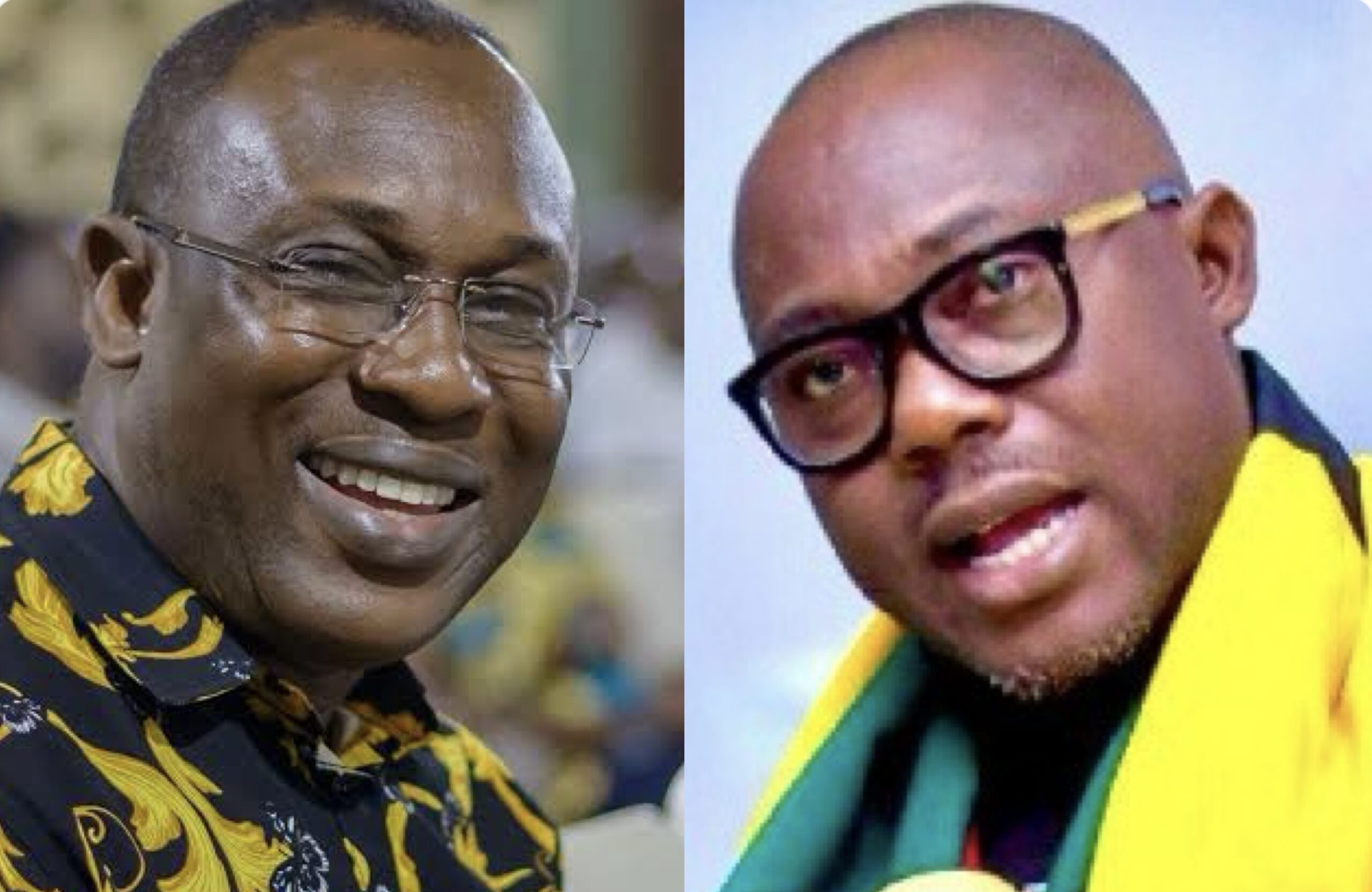A former Attorney General, Martin Amidu has suggested that the government’s efforts to create a special prosecutor’s will be a wasted venture if sections of the draft Bill currently before parliament are not removed.
According to him, a clause in the bill which states that the Special Prosecutor must not investigate and prosecute corruption offences relating to the Public Procurement Act, 2003 and the Criminal Offences Act, 1960 undermines the essences of the creation of the office.
Martin Amidu in an article published on his website noted that Clause 3 (3) and (4) of the bill currently before parliament were not part of the original draft Bill submitted earlier in June and their subsequent inclusion “negates the whole promise that the President made during his campaign and after his assumption of office to fight corruption.”
The clauses indicates that “….specified under paragraphs (a), (b) and (c) of subsection (1) unless the commission of the offence is in respect of a vast quantity of assets that (a) constitute a substantial proportion of the resources of the country; (b) threaten the political stability of the country; or (c) threaten the sustainable development of the country.”
But according to Martin Amidu, the specification of the types of corruption cases the Special Prosecutor’s Office is to investigate suggests that the government accepts other kinds of corruption.
“First and foremost, sub-clause 4 of Clause 3 of the Bill before Parliament lays down vague and ambiguous exceptions for the purposes of determining which corruption offences will meet those standards for investigations, to begin with in the first place.
Secondly, the vagueness and ambiguity of the exceptions made, provide an argument to be overcome by the Special Prosecutor when the objection is raised in Court that his decision to prosecute a corruption offence does not meet the threshold standard stipulated in the Bill.
Thirdly, the attempt to distinguish the types of corruption offences that may be investigated and prosecuted by the Special Prosecutor sends the clear message to Ghanaians that the President and his Government now accept certain types of corruption offences as not serious for prosecution, or at least to be prosecuted by the Special Prosecutor,” he said.
“How come the Bill that was submitted to the Stakeholders’ Meeting on 27-28th June 2017 did not contain this exception, but the exception found its way into the Bill after it apparently returned from the Cabinet to Parliament?” he quizzed.
According to Martin Amidu, the Meeting of anti-corruption organizations and civil society did not include that clause to the Bill hence its appearance in the Bill before Parliament suggests somebody else inserted it to “pull a fast one on Ghanaians.”
Meanwhile, the minority in parliament are demanding that the bill is withdrawn and relayed by the Attorney General.
According to them, the bill does not fulfill the mandatory 14-day constitutional process for its introduction in Parliament.
Source: citifmonline.com
 News, Politics , Sports, Business, Entertainment, World,Lifestyle, Technology , Tourism, Gh Songs | News, Politics , Sports, Business, Entertainment, World,Lifestyle, Technology , Tourism, Gh Songs |
News, Politics , Sports, Business, Entertainment, World,Lifestyle, Technology , Tourism, Gh Songs | News, Politics , Sports, Business, Entertainment, World,Lifestyle, Technology , Tourism, Gh Songs |







